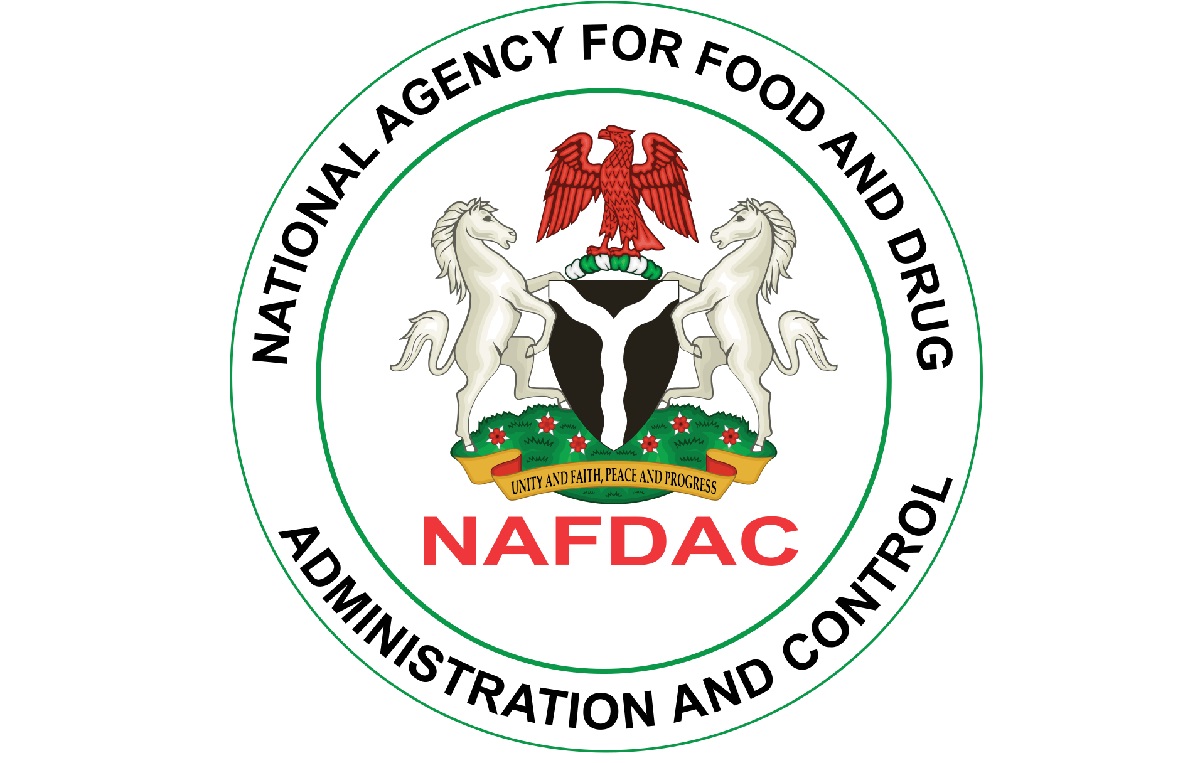The National Agency for Food and Drug Administration and Control (NAFDAC) on Monday condemned the use of calcium carbide for ripening of fruits.
NAFDAC’s director general, Prof. Mojisola Christianah Adeyeye, handed the condemnation during the flag-off of the NAFDAC Media Sensitisation Workshop on Dangers of Drug Hawking and Ripening of Fruits with Calcium Carbide held in Lafia, Nasarawa State.
“There have been clarion calls by well-meaning Nigerians on the need to take stringent regulatory actions to stem the dangerous tide of drug hawking and ripening of fruits with calcium carbide.
“In addition, several national dailies and non-governmental organisations have raised concerns on the looming danger and health implication of these two nefarious activities by certain unpatriotic and unscrupulous citizens in our country,” she said.
- 3 killed as cult clash resurfaces in Kwara
- Rivers inaugurates palliatives committee, distributes 16,800 bags of rice
The DG represented by the agency’s director, Chemical Evaluation and Research, Dr Leonard Omokpariola, noted that the flag-off for the sensitisation workshop was a fulfillment of her promise to sustain and strengthen NAFDAC’s existing collaboration with Association of Health Journalists in Nigeria towards mobilising, educating, sensitising, and conscientising Nigerian journalists to play a frontline role in the concerted efforts to eradicate the menace of drug hawking and ripening of fruits with calcium carbide in Nigeria.
Adeyeye added that the menace of drug hawking posed a serious challenge to the healthcare delivery system in the country which underscored NAFDAC’s resolute determination to totally eradicate the illicit trade.
“Many drug hawkers are knowingly or unknowingly merchants of death who expose essential and life-saving medicines to the vagaries of inclement weather which degrade the active ingredients of the medicine and turn them to poisons, thus endangering human lives.
“Most of the drugs sold by the illiterate and semi-literate drug hawkers are counterfeit, substandard or expired, and therefore do not meet the quality, safety and efficacy requirement of regulated medicines,” the NAFDAC boss said.

 Join Daily Trust WhatsApp Community For Quick Access To News and Happenings Around You.
Join Daily Trust WhatsApp Community For Quick Access To News and Happenings Around You.


